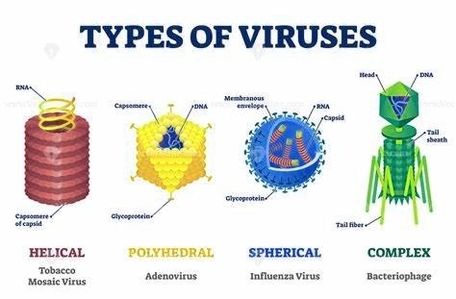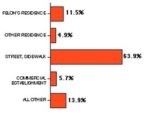Antibodies Detection After COVID-19
COVID-19, caused by the SARS-CoV-2 virus, has had a significant impact on global health. Understanding the body’s immune response, particularly the production of antibodies, is crucial in managing the disease and developing effective treatments and vaccines.
What are Antibodies?
Antibodies, also known as immunoglobulins, are proteins produced by the immune system in response to an infection. When a virus such as SARS-CoV-2 enters the body, it hijacks cells to replicate itself. As the immune system fights back, specialized cells (B cells) produce antibodies. These antibodies circulate throughout the body and can recognize and bind to specific viruses and other foreign invaders, neutralizing the virus and preventing it from infecting other cells.
Antibodies and COVID-19
In the case of COVID-19, it takes approximately 12 weeks after the onset of symptoms for people to develop detectable antibodies in the blood. Once the immune system clears the infection, the antibodies continue to circulate around the body. This can protect against future infection from the same virus.
How Long Do COVID-19 Antibodies Last?
COVID-19 antibodies can stay in the body for several months up to over a year. The most recent research suggests that adults who contract the SARS-CoV-2 virus develop circulating antibodies that last nearly 500 days, which is the equivalent of about 16.4 months. However, the level of protection may diminish over time.
Antibody Testing
COVID-19 antibody testing is a blood test that can provide information about how your body reacted to infection with SARS-CoV-2. A COVID-19 antibody test is not used to diagnose an active (acute) infection. It is only used after the body has produced enough antibodies to reach detectable levels.
Natural and Vaccine-Based Immunity
A person can develop immunity from COVID-19 following vaccination, natural infection, or a combination of both. The combination of natural and vaccine-based immunity is likely to protect for a longer period. However, it is still unclear how long this natural immunity lasts and whether or not it provides protection against new viral variants.
Conclusion
More research is needed to understand the role of immunity in protecting people from COVID-19 infection. As we continue to learn more about the virus and the body’s response to it, we can better manage the disease and develop more effective treatments and vaccines.



